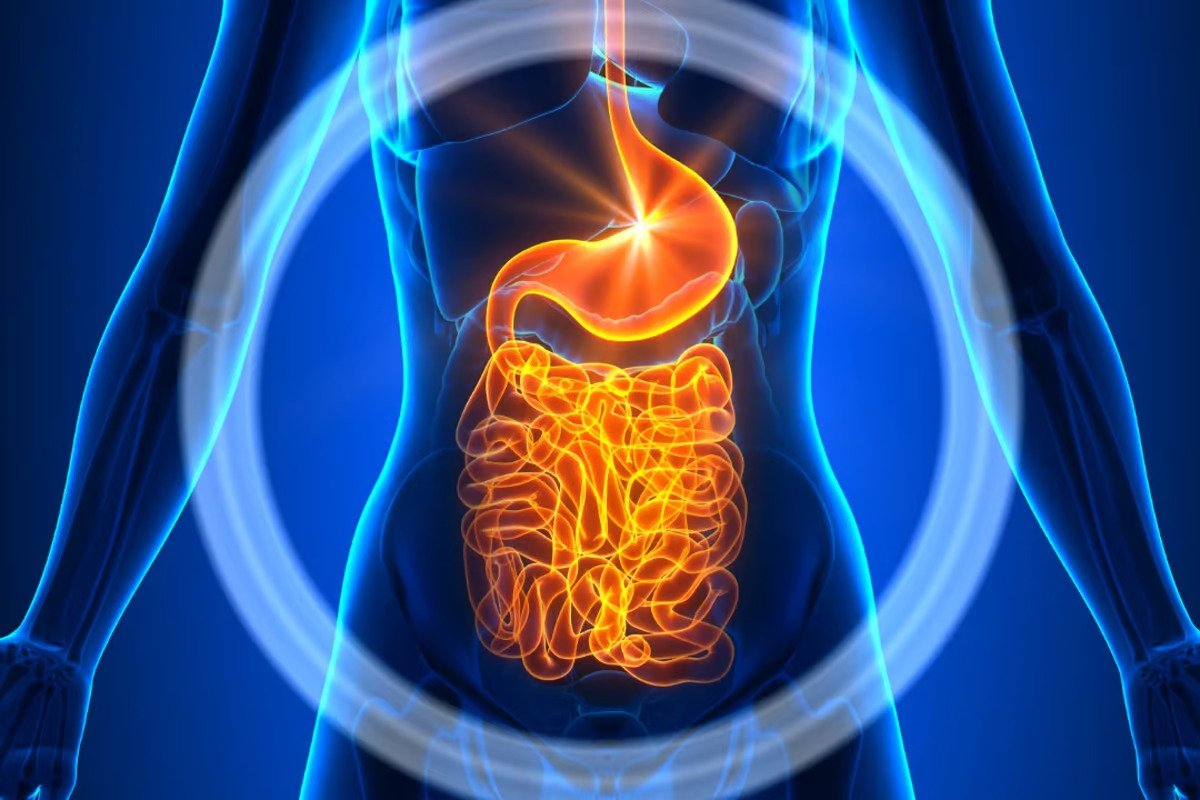 A two-year study on fecal transplants for autism has found they can reduce symptoms by as much as 45 percent. Arizona State University –
A two-year study on fecal transplants for autism has found they can reduce symptoms by as much as 45 percent. Arizona State University –
[Editor’s note: Readers often ask us for follow-ups on memorable stories. What has happened to this story over the years? This article was originally published in 2019 but it has been re-edited and updated with new information current as of 2025 Apr 07.]
One in every 59 children born in the US is diagnosed with autism, according to the Centers for Disease Control and Prevention, and unfortunately for many of them, chronic gastrointestinal issues are a harsh reality of their condition. According to scientists at Arizona State University (ASU), who conducted the current study, around 30 to 50% of people with autism experience serious gut problems like constipation, diarrhea and stomach pain.
“Many kids with autism have gastrointestinal problems, and some studies, including ours, have found that those children also have worse autism-related symptoms,” ASU’s Rosa Krajmalnik-Brown said back in 2019 during the early stages of the work. “In many cases, when you are able to treat those gastrointestinal problems, their behavior improves.”
A key study in 2019 built on earlier research from 2017 that found introducing new bacteria via fecal transplants in 18 autistic children brought about marked improvements in their behavior, as measured through questionnaires assessing their social skills, hyperactivity, communication and other factors.
These improvements held for eight weeks, an impressive outcome to be sure. But the Arizona State University researchers then set out to investigate the enduring effects of the treatment, which involved a bowel cleanse and daily transplants of fecal microbiota over a period of seven to eight weeks. Prior to the treatment, these children all had far lower diversity of gut microbes than those without autism.
“Kids with autism are lacking important beneficial bacteria, and have fewer options in the bacterial menu of important functions that bacteria provide to the gut than typically developing kids,” Krajmalnik-Brown said in 2019.

Two years after the treatment, the researchers found that not only did the benefits persist, they seemed to improve. Doctors observations at the eight-week mark found that psychological autism symptoms of the patients had decreased by 24%. But two years later those symptoms had almost been cut in half, with a professional evaluator finding a decrease of 45% in autism symptoms compared to baseline.
Prior to the study, 83% of participants had “severe” autism. Two years later, only 17% were rated as severe, 39% as mild or moderate, and incredibly, 44% were below the cut-off for mild ASD (Autism Spectrum Disorder).
“We are finding a very strong connection between the microbes that live in our intestines and signals that travel to the brain,” Krajmalnik-Brown said in 2019. “Two years later, the children are doing even better, which is amazing.”
The next steps were larger placebo-controlled clinical trial designed to verify their results, with a view to gaining FDA approval for the therapy.
In early 2022 Krajmalnik-Brown and colleagues patented a specific bacterial formulation and spun-off a commercial company called Gut-Brain Axis Therapeutics. The treatment, dubbed Microbiota Transplant Therapy (MTT), moved through a Phase 2 human placebo-controlled trial over the following years and the initial data has been incredibly promising.
[For the balance of this quite interesting article please visit: https://newatlas.com/adhd-autism/fecal-transplants-for-autism-delivers-success-in-clinical-trials/]
–
The team’s key 2019 study appears in the journal Scientific Reports, and you can hear from the researchers about their most recent findings in the video below.
Source: Arizona State University
An earlier version of this article written by Nick Lavars was published in 2019.
Editor’s note: A prior version of this article used the term ‘autism sufferers’ in reference to people with autism. We understand that terminology is inappropriate and can be deemed offensive. The article has been edited to remove the reference.























